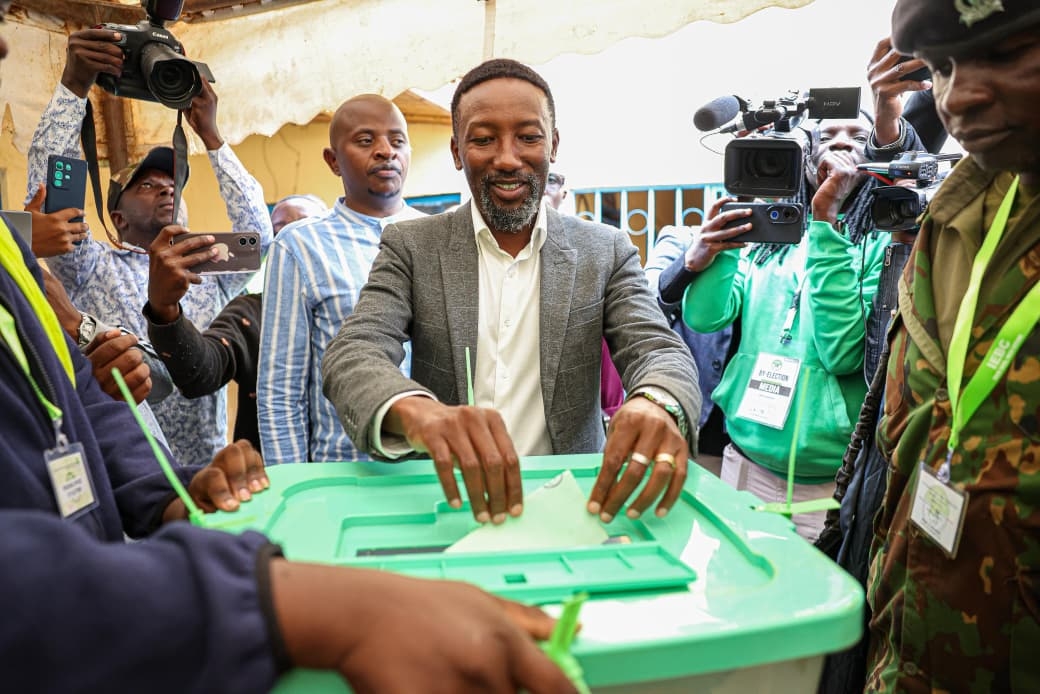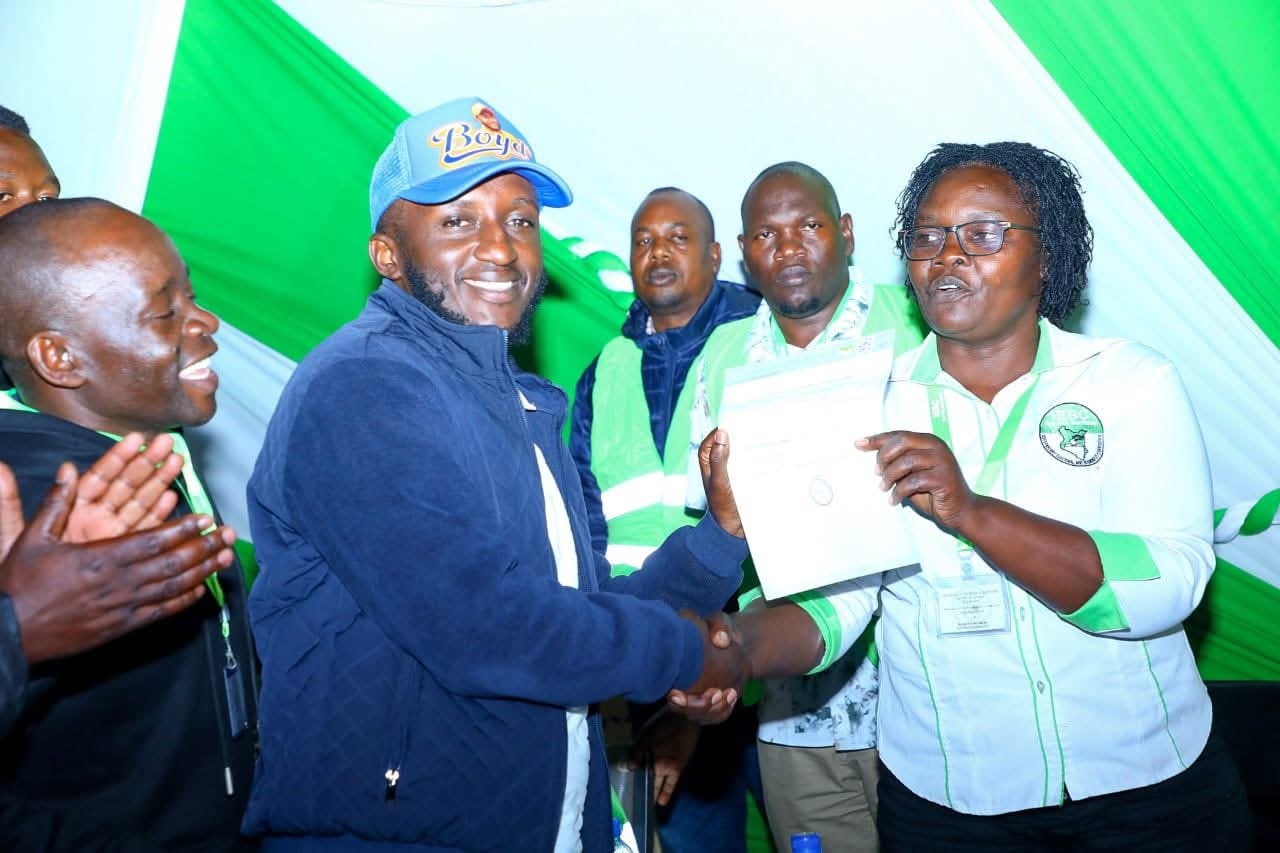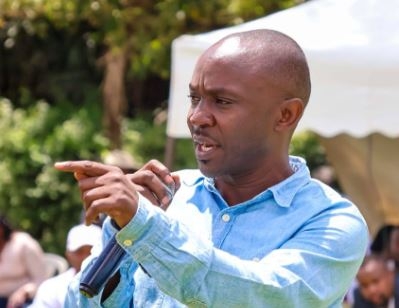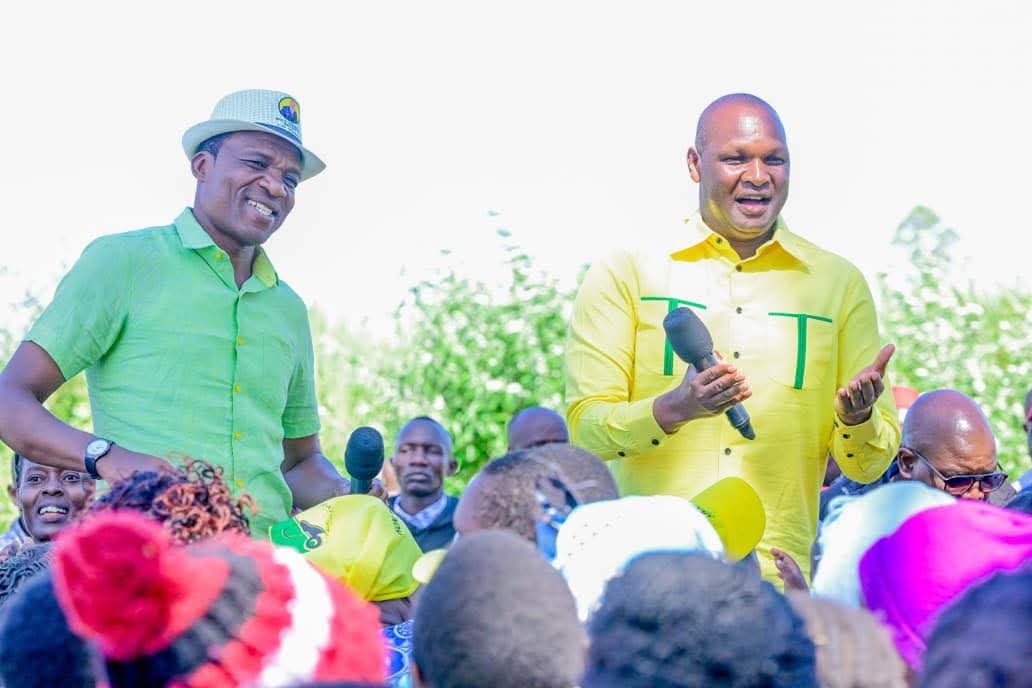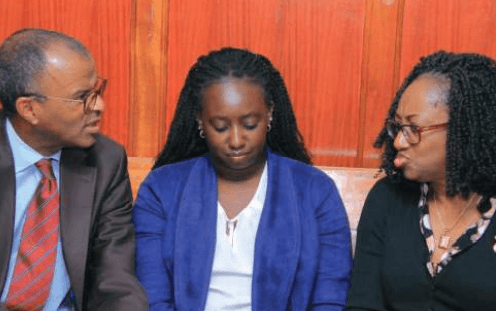The government has asked the courts to dismiss with costs a petition by victims of the 1998 Nairobi bomb blast who are seeking compensation from the state.
The petitioners, led by Kituo Cha Sheria, moved to court in 2021 seeking a declaration that the government compromised or violated rights to life, security of persons and the legitimate expectations of its citizens by failing to act on crucial intelligence that would have averted the tragedy.
But the state now says the intelligence it received was too general and not actionable.
This comes as a local daily yesterday reported that the US ignored crucial intelligence from Kenya that would have thwarted the attack.
The Daily Nation reported that then Special Branch boss Brigadier Wilson Boinnet sent an urgent telegram to the US Embassy in Nairobi but the Americans didn't respond.
The petitioners Kituo cha Sheria, George Nginge Njoroge, Evanson Ndugu Gitu, Flora Wamukowa, Esther Njeri Githagui and Douglas Sidialo are seeking damages for the deaths, injuries and losses suffered as a result of the inaction to prevent the attack that left more than 200 people dead and 5,000 injured.
In its replying affidavit, the government through the Attorney General maintains the intelligence was general.
The state has asked the court to dismiss the petition, citing a number of reasons including the fact that the suit was filed many years after the tragedy.
"The petitioners have filed the petition 23 years after the occurrence of the alleged atrocities, a clear manifest of delay that is unexplained, unreasonably long and prejudicial to the respondents," the AG says.
The state argues that it will be prejudiced in the case citing lack of witnesses, memory lapse of some witnesses and general lack of primary and secondary evidence owing to the delay in filing the claim.
In response to whether the government was in dereliction of its duties and obligations in respect to protecting and promoting the rights and fundamental freedoms of its citizens, the AG posits that did receive a number of intelligence reports detailing increased terrorist activities but none of them mentioned the US Embassy in Nairobi.
The petitioners have said the government had prior intelligence over the US Embassy bombing but failed to act adequately to thwart the same.
The AG has however disputed the claim, saying the petitioners have relied on media reports that do not meet the threshold of admission as documentary evidence.
The state maintains that the intelligence they had was general that US-friendly nations in Africa were targeted by terrorists.
The AG has cited the fact that the US Embassy in Tanzania also experienced the terror attack at the same time it happened in Nairobi to back his claims.
"The petitioners' assertion that there was specific intelligence about the attack is not true at all," the AG avers.
The state says despite the general intel it had, Kenya moved to uphold its obligation to defend the rights of its citizens against terrorist attacks by deploying security personnel in all potential attack areas and stepping up patrols and surveillance.
"This proves that it did not neglect its responsibilities as the petitioners claimed, rather, it took the appropriate action even though the attacks were intermittent as is typical of terrorist acts worldwide."
The government also says that specialist troops from the Kenya Defence Forces, the police, the DCI and the General Service Unit were deployed immediately the attack happened.
"The attack was so severe that it overwhelmed the local authorities at the scene and the respondents duly dispatched highly skilled personnel to deal with the terrorists in order to safeguard their citizens," the AG says.
Just last week, a three-judge bench of the High Court awarded 142 victims of the 2015 Garissa University terror attack more than Sh500 million after finding that the government failed to act on intelligence about the attack.
That case was filed by Kituo Cha Sheria and is particularly similar in nature to this petition.
But in this current petition, the government says it did its best at the time given the circumstances then.
The Attorney General has urged the court to interpret the expectations of the petitioners in light of the timely manner in which state agencies responded to the terror attack.
The government says protection for the general public was provided as required.
It adds that the intelligence received was too general and not actionable enough for security agencies to conclude with certainty that the US Embassy was the target of the attacks.
The state wants the court to dismiss the claim by the petitioners on the intelligence, saying they are not security experts that the court can rely on.
"The petitioners have not shown they possess the expertise necessary to assess whether or not the attack response was coordinated. They are not security experts. As a result, the respondents dispute the claims that they did not fulfil their obligation to react to the terror attack in a timely manner."
The government also wants the court to make the petitioners prove that their rights and those of their children were violated, saying the burden of proof lies with them.
It is the AG's argument that the petitioners have not provided enough evidence to support their claim and that the burden of proof remains with them.
The state also says the petition does not satisfy the requirements of a constitutional petition and should thus be dismissed.
It cited 1979 ruling that stated that a petition must satisfy the evidential burden that a specific right exists and which right has been violated or restricted, besides pleading the same with reasonably particularity and precision.
"For this reason, the respondents pray that this honourable court dismisses this petition."
As to whether a commission of inquiry should be formed, the government says security agencies carried out their work as they are the ones mandated with investigations and the court should not order a repeat of the same.



